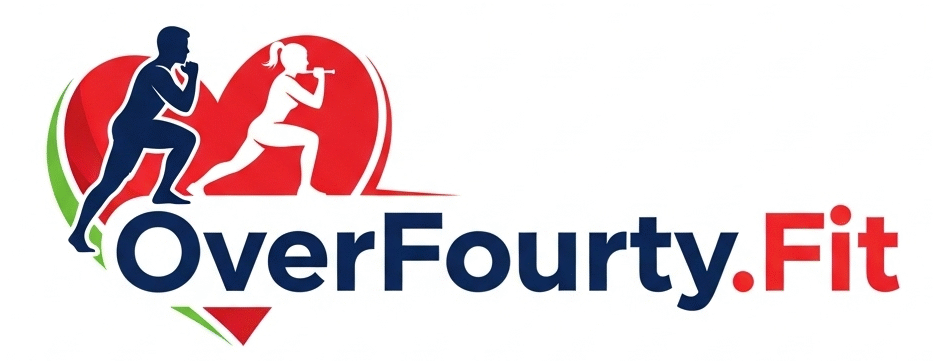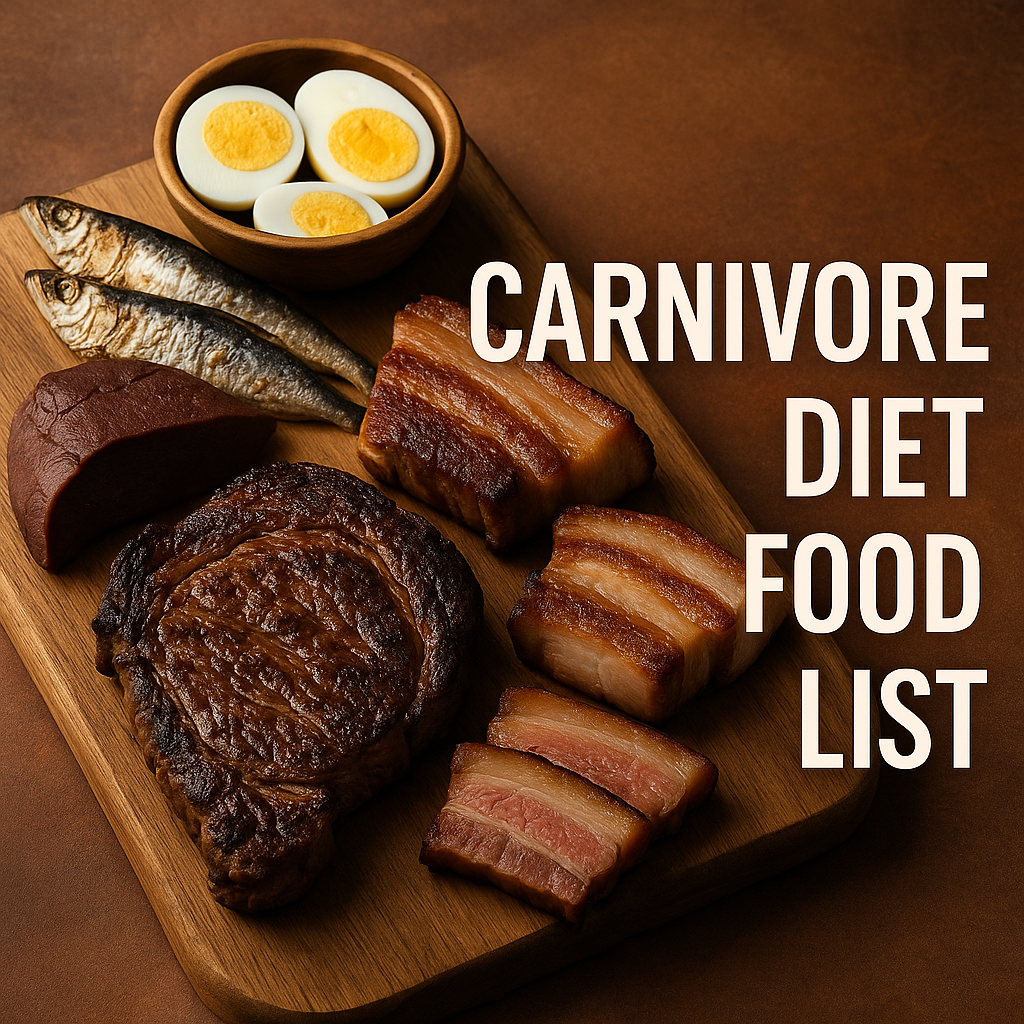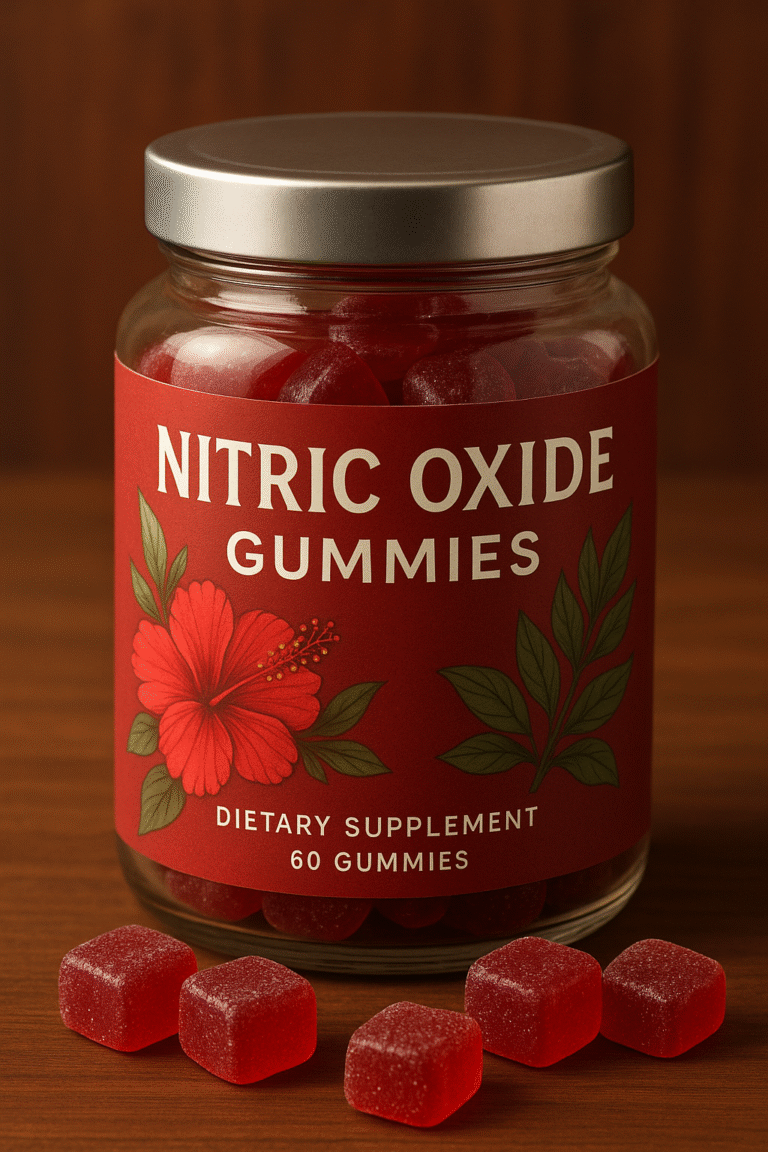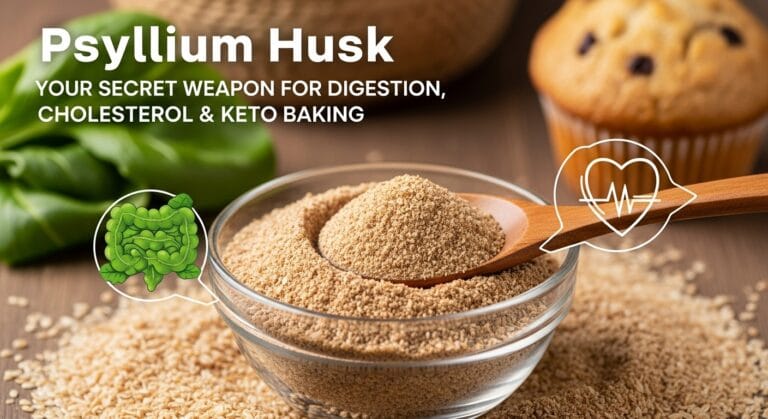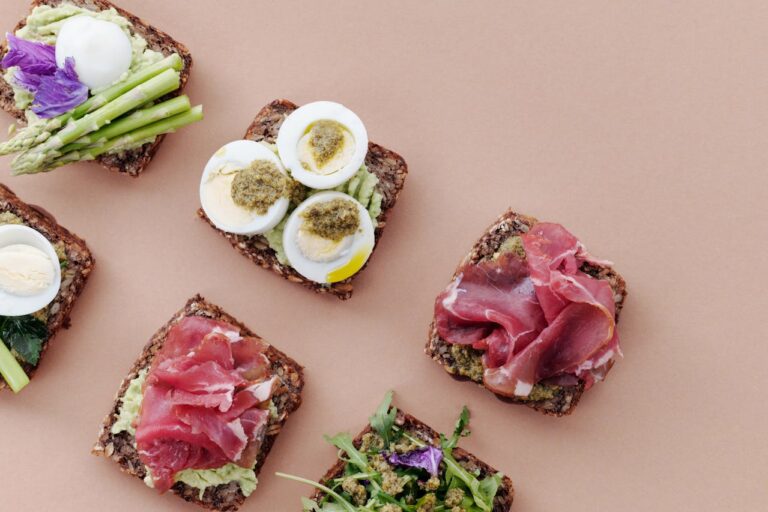Carnivore Diet Food List – The Ultimate Guide to What You Can Eat
If you want to eat simply, gain energy, and lose fat, the carnivore diet may be right for you. Are you curious about what foods you can eat on the carnivore diet? If you want to eat simpler, gain energy, and maybe lose fat, the carnivore diet might be for you.
This zero-carb, animal-based diet removes all plant foods. It focuses only on nutrient-rich animal products. Whether you’re trying it for the first time or looking to optimize your meals, this guide has you covered.

What Is the Carnivore Diet?
The carnivore diet is an eating plan that consists entirely of animal products. Unlike keto or paleo, there are no carbs, no fiber, and no plants. Think meat, fat, and organs — that’s it.
Core principle: Eat only animal-based foods to reduce inflammation, lose weight, and enhance focus.
Benefits of the Carnivore Diet
- Fat loss: Naturally reduces cravings and insulin spikes.
- Mental clarity: Many report reduced brain fog.
- Improved digestion: Fewer gut irritants from plant toxins.
- Simple eating: No calorie counting or macro tracking.
Many users report clearer skin, improved autoimmune symptoms, and better sleep.
Core Carnivore Diet Food List (Strict Tier)
These foods are 100% compliant and ideal for a strict carnivore diet:
| Food Category | Examples | Notes |
|---|---|---|
| Red Meat | Ribeye, ground beef, steaks, lamb | Prefer grass-fed if possible |
| Poultry | Chicken, duck (with skin) | Dark meat is better for fat |
| Organ Meats | Liver, heart, kidney, spleen | Extremely nutrient-dense |
| Animal Fats | Tallow, suet, lard, duck fat | Ideal for cooking and energy |
| Seafood | Salmon, sardines, shrimp, oysters | Wild-caught preferred |
| Eggs | Whole eggs with yolk | Pasture-raised is best |
| Salt & Water | Sea salt, filtered water | Electrolytes are crucial |
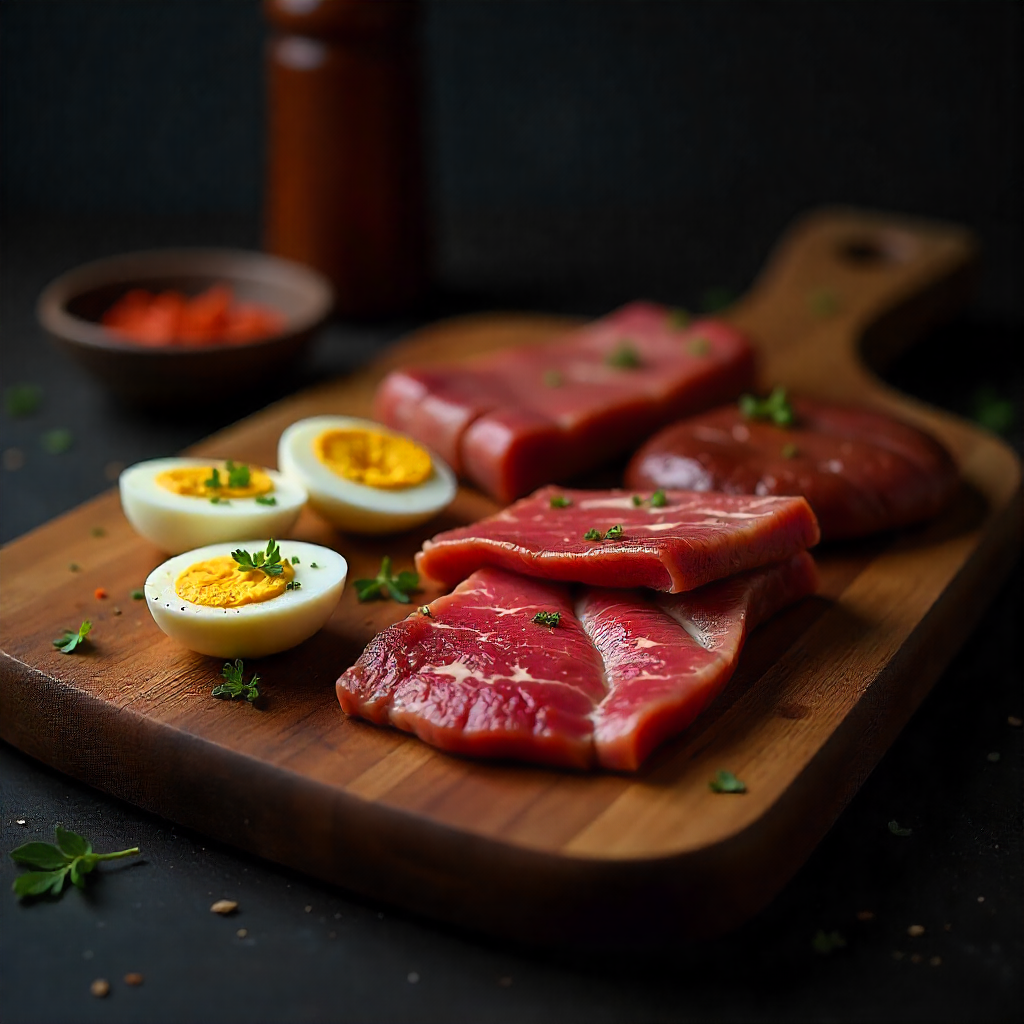
Extended Carnivore Diet Food List (Flexible Tier)
For those who follow a more relaxed version (Ketovore or nose-to-tail):
- Butter
- Heavy cream (low lactose)
- Hard cheeses (aged, low-lactose)
- Bone broth
- Collagen powder (bovine-derived)
- Beef jerky (sugar-free)
- Fish roe (caviar)
Foods to Avoid on the Carnivore Diet Food List
These are not carnivore-approved:
- Fruits and vegetables
- Legumes and grains
- Nuts and seeds
- Processed foods and snacks
- Vegetable/seed oils
- Sugar and artificial sweeteners
- Coffee and tea (strict carnivores)
Note: Some followers still consume coffee or spices in moderation, but this varies.
Carnivore Diet Shopping List for Beginners
Meat Counter:
- Ribeye, ground beef, lamb chops, pork belly
Deli/Fridge:
- Sugar-free bacon, eggs, butter, aged cheese
Pantry/Freezer:
- Bone broth, tallow, canned sardines
Pro Tips:
- Look for bulk deals on beef or frozen wild fish
- Choose fatty cuts for energy and satiety
Carnivore Diet Snack Ideas
- Boiled eggs
- Beef liver crisps
- Smoked salmon
- Tallow chips
- Bone broth in a thermos
Sample 3-Day Carnivore Meal Plan
Day 1:
- Breakfast: 3 eggs cooked in tallow
- Lunch: Ribeye steak
- Dinner: Pork belly & bone broth
Day 2:
- Breakfast: Beef liver & eggs
- Lunch: Ground lamb patties
- Dinner: Grilled salmon with butter
Day 3:
- Breakfast: Bacon & eggs
- Lunch: Sardines and beef jerky
- Dinner: Oxtail stew
Final Thoughts: Carnivore Diet Food List
The carnivore diet is not just about cutting carbs. It focuses on healing your body with nutrient-rich foods from nature.
If you’re ready to try a straightforward, powerful reset for your health, the carnivore lifestyle is worth exploring. Start with the basics, listen to your body, and consider working with a professional if needed.
FAQs About Carnivore Diet Food List
Q: Can I eat cheese on a carnivore diet?
A: Yes, in moderation. Choose aged, low-lactose cheeses.
Q: Is coffee allowed?
A: Not on strict carnivore, but many include it.
Q: What’s the best meat to eat?
A: Fatty cuts like ribeye or ground beef are ideal.
Q: Should I eat organ meats?
A: Yes, for maximum nutrition.
Q: Can I drink milk on the carnivore diet?
A: Most strict carnivore dieters avoid milk due to its lactose (sugar) content. However, some include raw or full-fat milk if tolerated.
Q: Do I need to take supplements on a carnivore diet?
A: If you’re eating nose-to-tail (including organ meats), you may not need supplements. However, electrolytes like magnesium and potassium may be beneficial early on.
Q: Can I lose weight on a carnivore diet?
A: Yes, many people experience rapid fat loss due to reduced insulin, appetite suppression, and higher protein intake.
Q: Is the carnivore diet safe long-term?
A: Some thrive long-term, especially when following a nutrient-dense, nose-to-tail approach. It’s best to track biomarkers and consult a health professional for extended use.
Q: Can I work out on the carnivore diet?
A: Absolutely. Many athletes build muscle and keep up their performance on a carnivore diet. They do this by eating more fat and protein to meet their energy needs.
